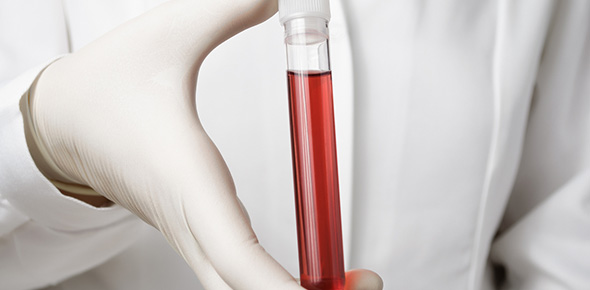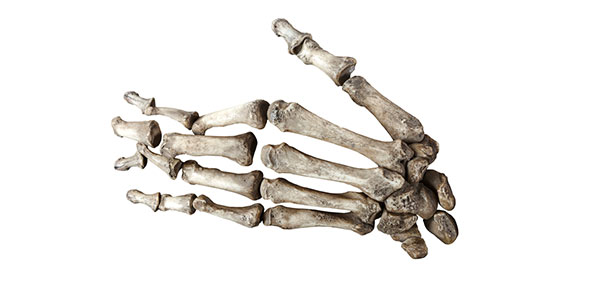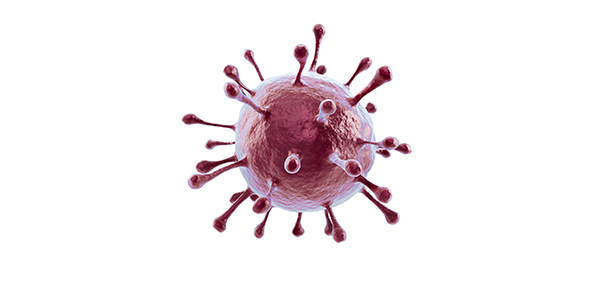Related Flashcards
Related Topics
Cards In This Set
| Front | Back |
|
What kind of "agent" is a muscarinic agonist?
|
Parasympathomimetic agents
|
|
What kind of "agent" is a muscarinic antagonist?
|
Anticholinergic drug
|
|
M1 muscarinic receptors affect what?
|
The CNS and salivary glands
|
|
T/F: M1 muscarinic receptors when activated enhance CNS activity and salivary production
|
TRUE
|
|
T/F: M1 muscarinic receptors when blocked cause dryness and confusion
|
TRUE
|
|
What occurs with the Heart Rate with the activation of M2 receptors?
|
Heart rate decreases
|
|
T/F: Blocking the activation of M2 receptors will cause increased Heart Rate.
|
TRUE
|
|
M2 muscarinic receptors affect what?
|
The Heart
|
|
M3 muscarinic receptors affect what?
|
Salivary glands, GI smooth muscle, iris sphincter...
|
|
T/F: Activation of M3 will cause muscle relaxation
|
FALSE
|
|
Blocking the M3 receptor will induce muscle relaxation
|
TRUE
|
|
What are the S&S of cholinergic drugs?
|
* abdominal cramps, * diarrhea, * excessive mouth secretions, * difficulty breathing, * muscle weakness
|
|
What is an example of a muscarinic agonist?
|
Bethanechol
|
|
What is the MOA of bethanechol?
|
Direct acting muscarinic agonist (binds reversibly to muscarinic cholinergic receptors causing activation)
|
|
What is the use of bethanechol?
|
Indicated for urinary retention, GERD, GI paralysis, post-op distention, NOT for use with a physical UT obstruction
|







